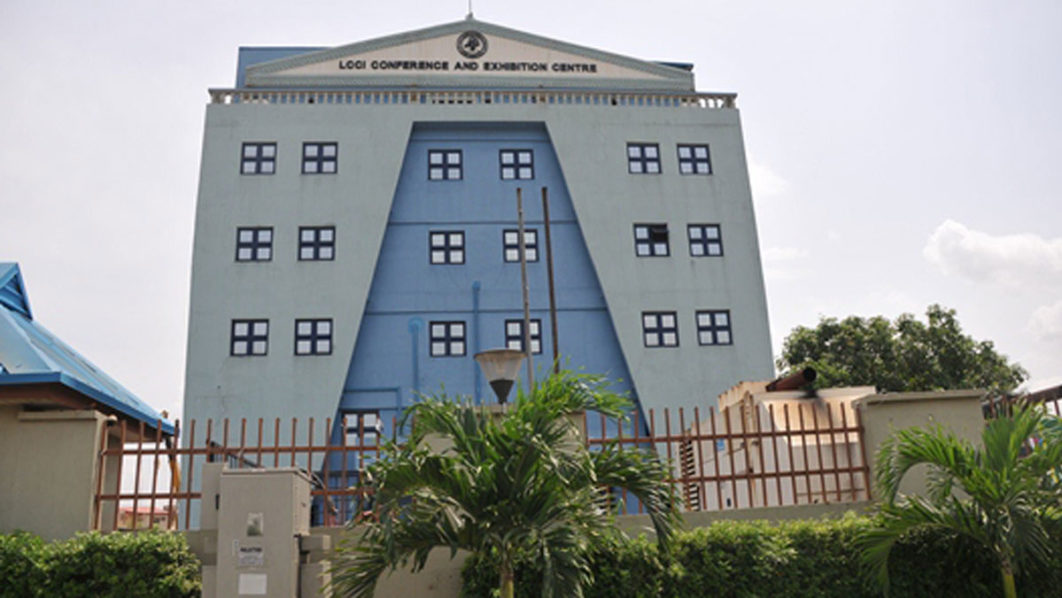
According to the chamber, in addition to adversely affecting the economy, slow provision of critical infrastructure needed to boost industrial activity negatively affects the country’s ability to export locally made products, and therefore reduces its revenue and foreign exchange from non-oil exports.
The chamber recalled that the problem with the 2018 budget began with the late approval of the 2018-2020 Medium-Term Expenditure Framework (MTEF) and Fiscal Strategy Paper (FSP), the policy document that articulates the assumptions underlying the budget and, thus, should ordinarily precede the presentation of the budget to the National Assembly.
The Director-General of the Chamber, Muda Yusuf explained that if funds for critical projects are not disbursed on time, the tempo of economic activities will be reduced, dragging the economy into a state of inertia and economic decline.
He added that the late passage of the budget is therefore a threat to achieving the ERGP targets and to Nigeria’s goal of becoming one of the top 20 economies by 2020, adding that the issue of inadequate absorptive capacity may arise as the country may not be able to spend so much money in such little time, resulting in dislocations in the macro-economy.
“Capital expenditure such as infrastructural development, construction work and payment of contractors will also be affected.
This is especially of concern when these funds are meant to be channeled towards sectors that improve the ease of doing business, such as transportation and electricity.
“Performance of these sectors is correlated with the success of Nigerian businesses, which are key players in the effort to combat the country’s high unemployment rate.
It also affects private sector operators that depend on the budget to plan their activities for each fiscal year.
Delay in passing the budget therefore slows down their activities, with negative economic consequences”, he added.
He noted that delay in Nigeria’s budget process has become the new norm in recent years, and has often been caused by disagreements between the executive and legislative arms of government, hence, emphasising the need for both arms to work on improving the schedule of the country’s budget process.
[ad unit=2]



